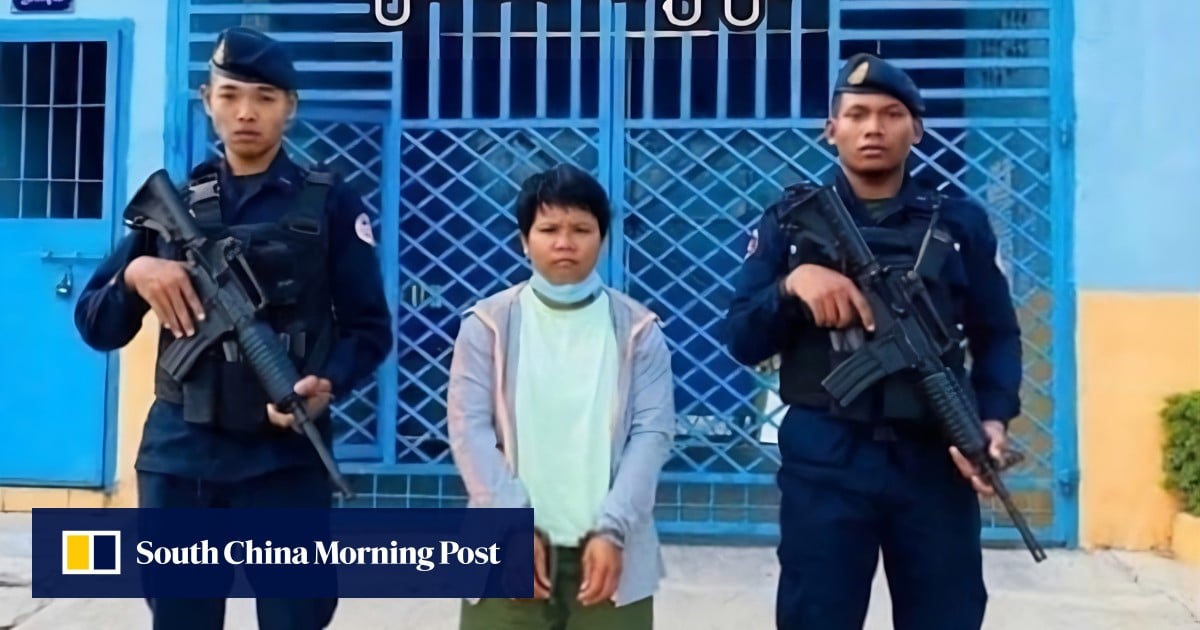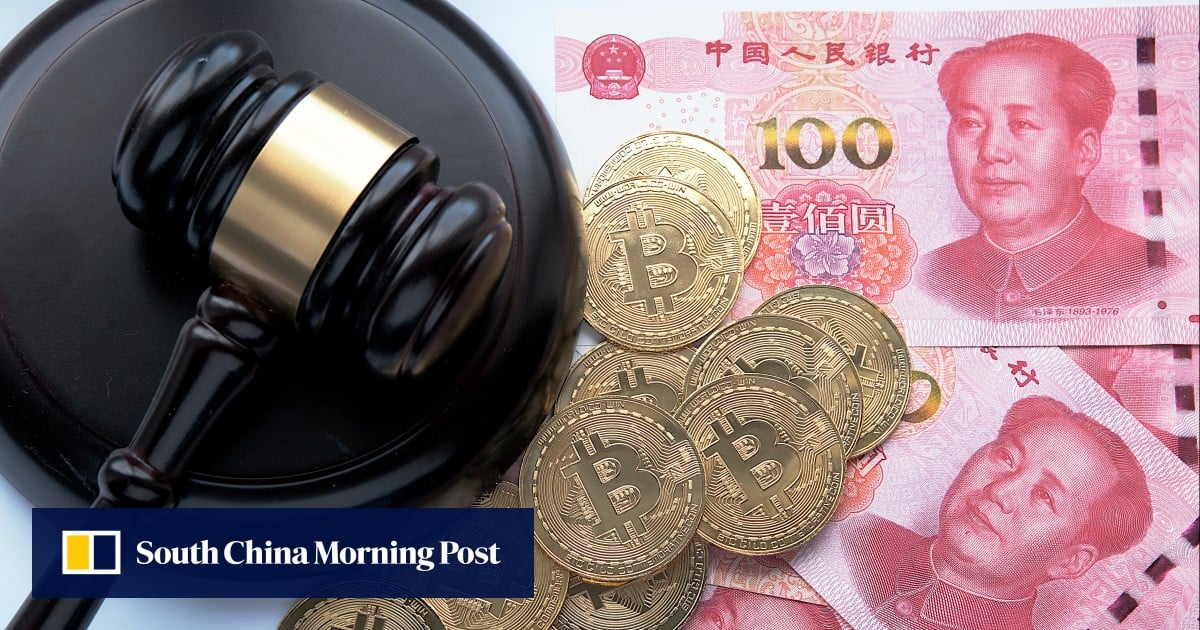


In a troubling development for human rights in Southeast Asia, Nuon Toeun, a 36-year-old Cambodian, was extradited from Malaysia to Cambodia on October 3, 2024, after criticizing former Prime Minister Hun Sen on social media. Toeun now faces up to five years in prison for allegedly inciting social disorder, a move that has sparked outrage among human rights advocates who question Malaysia's commitment to human rights [d7fcfd3e].
This extradition reflects a broader trend of Southeast Asian nations collaborating to suppress dissent. Critics, including former Malaysian lawmaker Charles Santiago, argue that expressing criticism of a foreign leader should not warrant deportation, highlighting the chilling effect such actions have on free speech in the region [d7fcfd3e].
The extradition of Toeun follows Malaysia's history of deporting individuals at the request of other states, including the deportation of over 1,000 Myanmar nationals in February 2021. Such actions raise significant concerns about the treatment of dissenters and the environment of fear that is increasingly prevalent in Southeast Asia [d7fcfd3e].
As Malaysia prepares to chair ASEAN, Prime Minister Anwar Ibrahim faces mounting pressure to uphold human rights standards. However, the recent extradition cases illustrate the challenges posed by the increasing collaboration among authoritarian regimes in the region to silence dissent [d7fcfd3e].
In a separate but related legal development, Tedy Teow, a Malaysian businessman, was extradited from Thailand to China on August 23, 2024, in connection with a massive US$14 billion cryptocurrency scam. This case underscores the complexities of international law enforcement and the evolving landscape of financial crimes in the region [22bce6c8].
Both cases highlight the precarious balance between law enforcement and human rights in Southeast Asia, as governments navigate the pressures of regional cooperation while facing criticism for their treatment of dissenters and the rule of law [b1db353e].